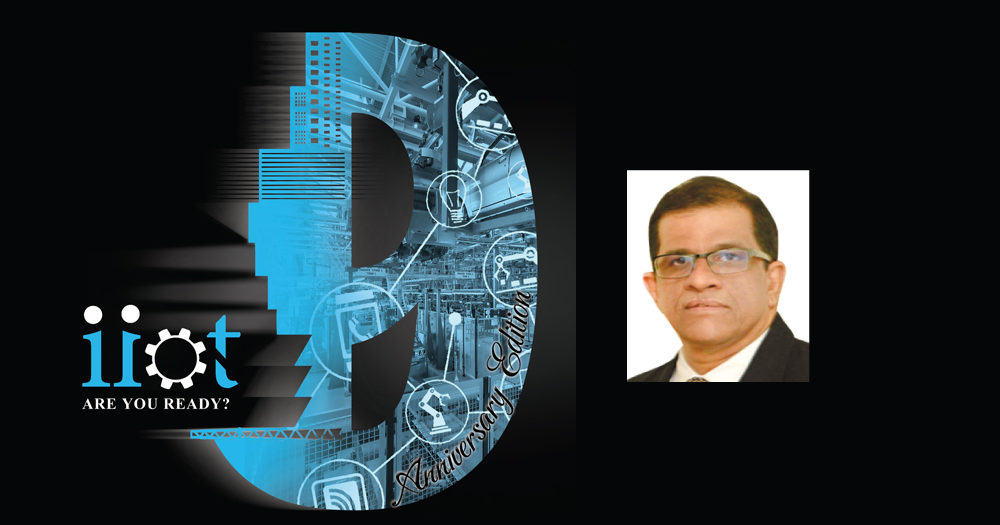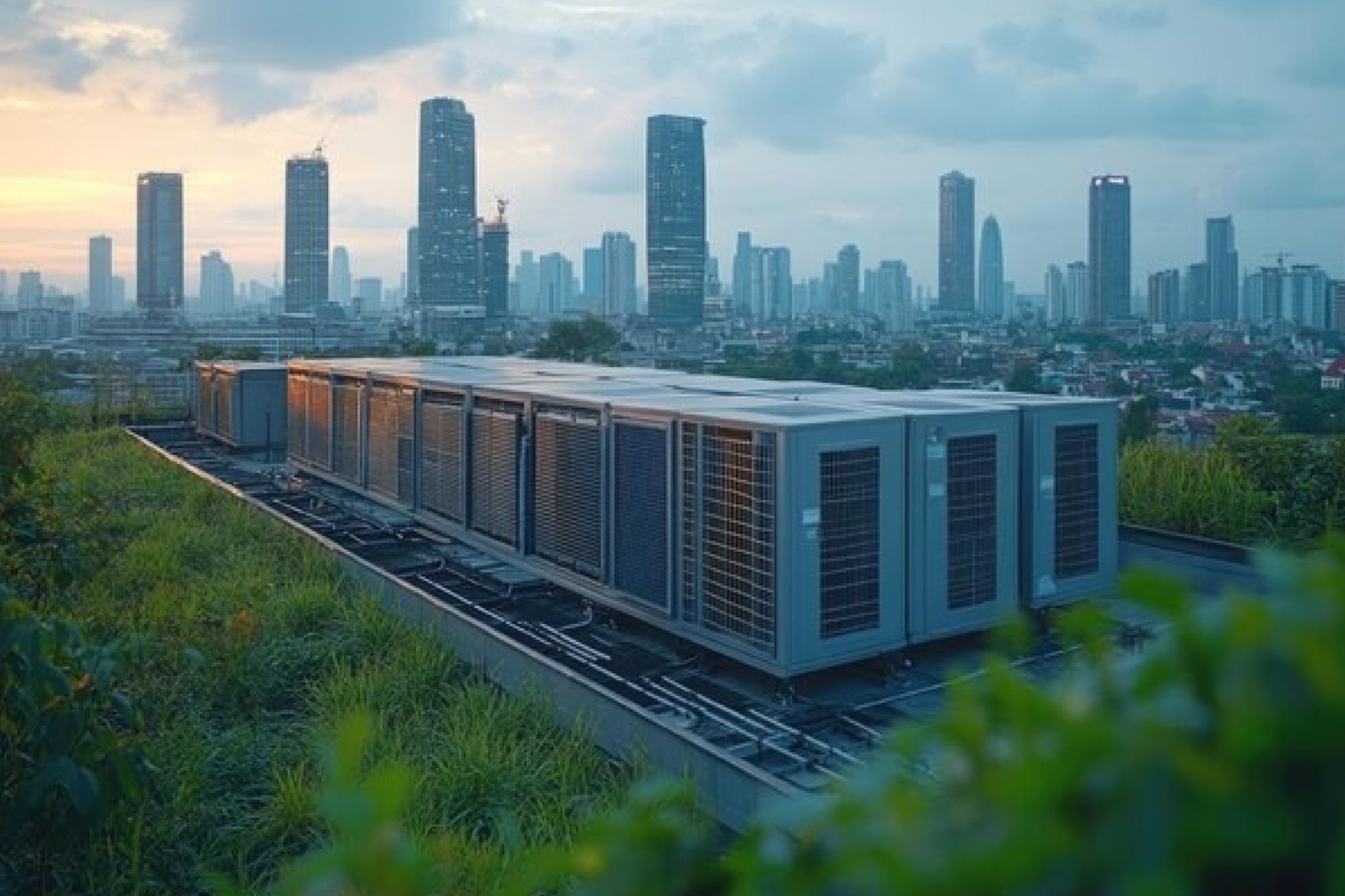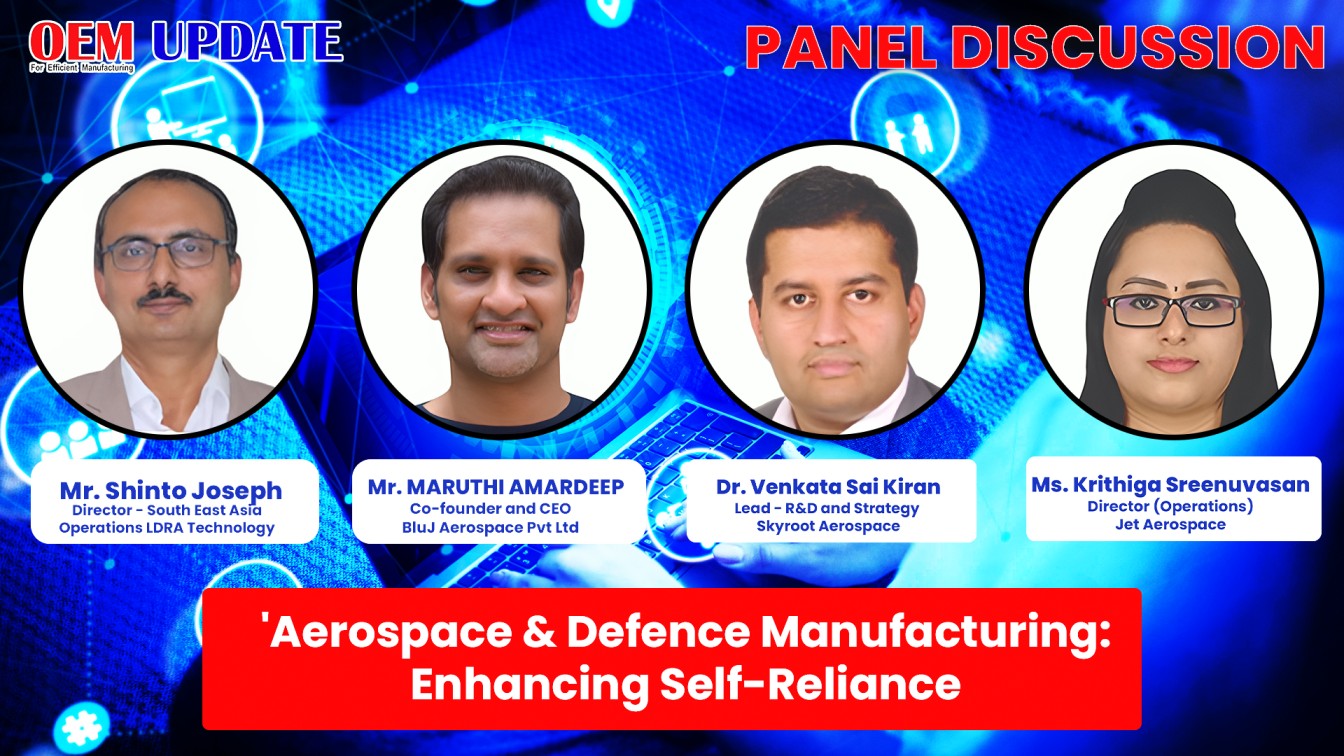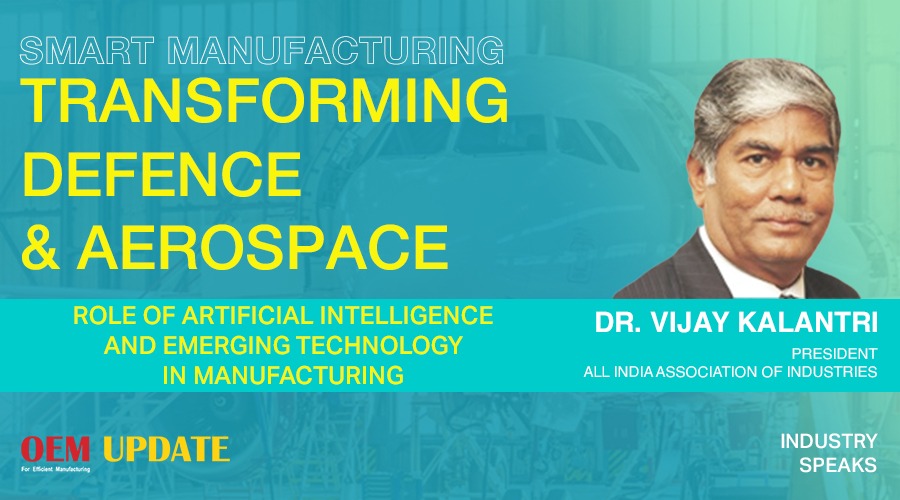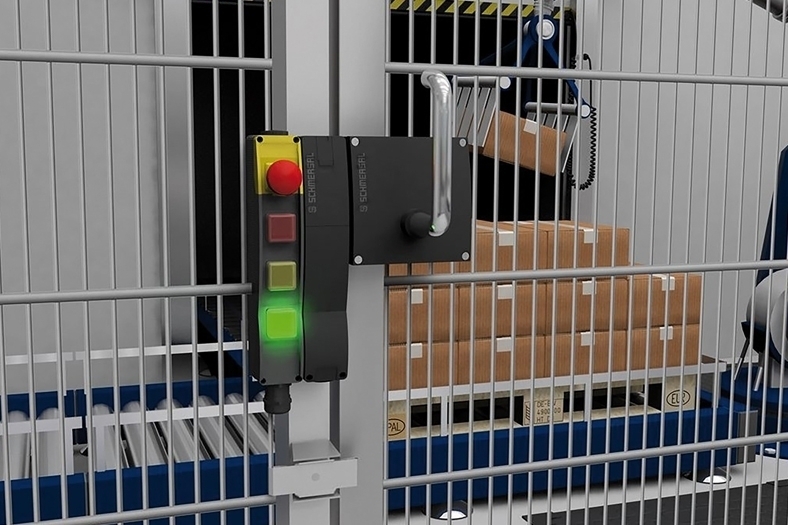IIoT is all set to change the face of manufacturing
By OEM Update Editorial June 11, 2018 4:27 pm IST
Sajiv Nath, MD,
Yokogawa India
Thanks to the advent of Big Data, Cloud computing, IIoT, Industry 4.0, and Artificial Intelligence, a digital transformation is underway that is changing every facet of how businesses operate.
Industrial Internet of Things (IIoT) revolution is being heralded by Make in India, Industrial 4.0, Smart Factories that are equipped to support IIoT evolution. McKinsey Global Institute estimates that IIoT will have a potential global economic impact of upto $6.2 trillion by 2025. Having said that IIoT is all set to change the face of manufacturing by enabling the acquisition accessibility of an enormous amount of data at far greater speeds and far more efficiently as before. A number of innovative companies have started Industry 4.0 initiatives and driving IIoT projects to make their factories ‘smart’.
Otherwise called the Industrial Internet, IIoT joins machine learning and huge information innovation, bridling the sensor information, machine-to-machine (M2M) correspondence and computerisation advancements that have been present in modern setting for a considerable length of time.
At the end of the day use of IIoT in modern conditions like paper production plants, power, oil and gas plants and production lines will enable organisations to process significantly Big Data speedily, which can be utilised to diminish waste and inefficiencies. Gathering process information on weights, temperatures, flow rates, RPM, vibration and other specialised information will permit IIoT programming to make plants more effective, more secure, and more dependable. There’s a tremendous amount of upside with IIoT in manufacturing. With IIoT, we’re taking the knowledge that we have gained in the data centres and putting it into practise in the factories. This empowers all parts of the business, from materials administration to tasks and upkeep to generation and completing, to winding up thereby driving down the manufacturing expenses.
IIoT is driven by the fact that machines are more efficient than the humans at capturing and communicating data with accuracy and consistency. The data thus aids organisations in pinpointing and resolving issues in less time thereby saving cost thereby supporting business intelligence initiatives of the company. IIoT holds huge relevance and potential essentially in manufacturing where the thrust is on sustainability, green practices, supply chain efficiency and quality control.
Yokogawa’s preparedness
Cookie Consent
We use cookies to personalize your experience. By continuing to visit this website you agree to our Terms & Conditions, Privacy Policy and Cookie Policy.



